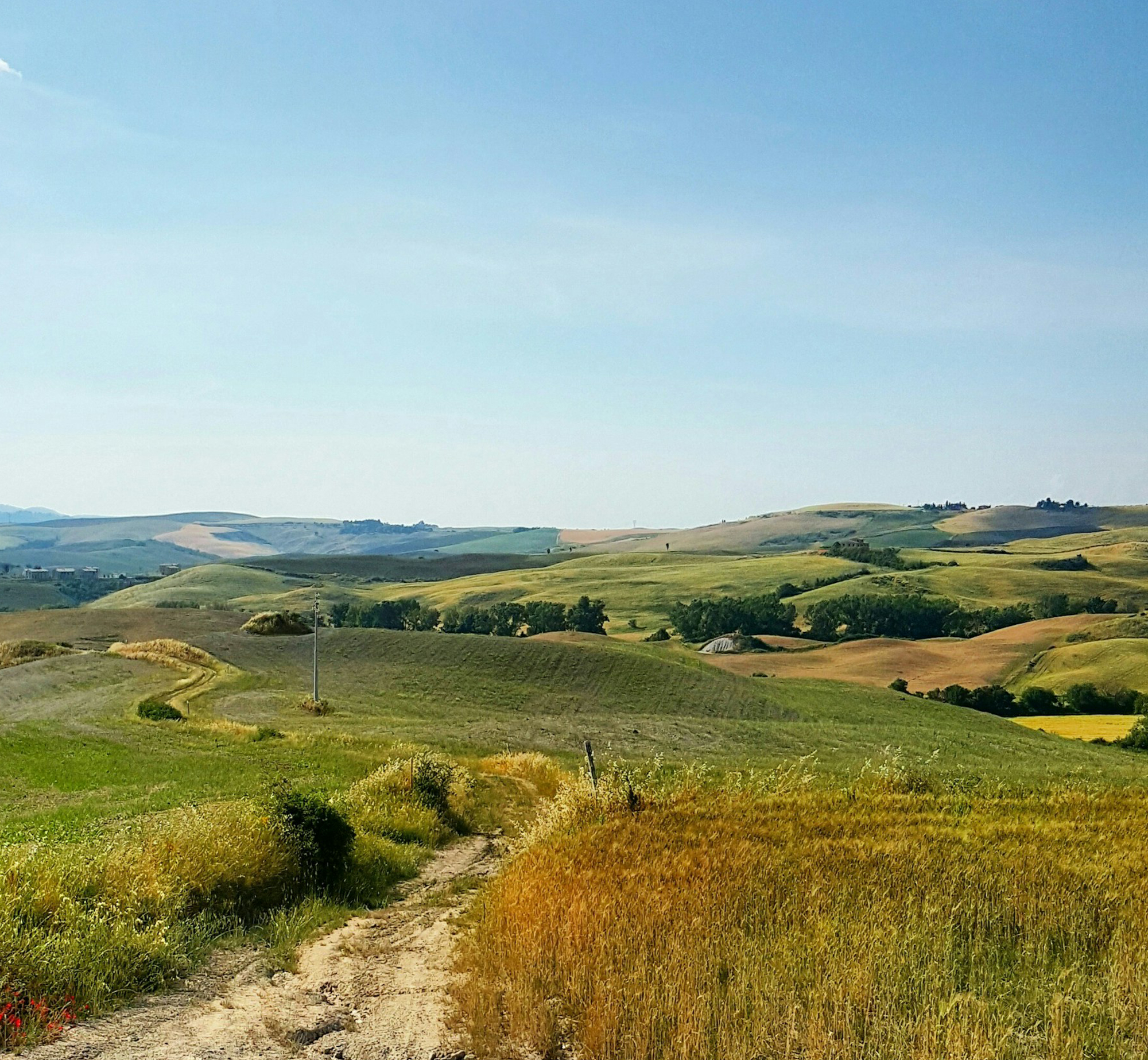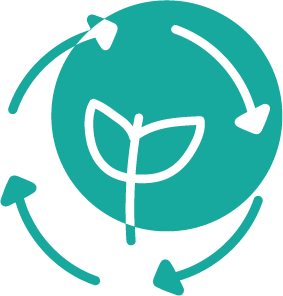Northern Ostrobothnia, Finland
Territory: Coastal and inner area
Inhabitants: 10,000
Main occupations: Forestry, wind energy production, nature-based tourism
The Iijoki river basin in Northern Ostrobothnia is characterised by forested peatlands and wetlands and it is compound of sparsely populated municipalities with scattered land tenure. Significant land use practices today include forestry, wind energy production and nature-based tourism. Key social challenges concern ageing rural areas, diminishing primary industry sector and transformation of job markets.
Our goal is to enhance a socially just green transition. This is particularly important in the Municipality of Ii, which has been awarded for its innovative climate actions reducing the carbon emissions - some 60% - in recent decades, mainly due to the rapidly increased wind power developments.
We focus on local adaptation to land use change caused by climate mitigation goals of the European Green Deal programme, including the restoration of traces of industrial forestry and former peat energy and hydropower production, in addition to the impacts of increasing wind energy production. These developments also have negative impacts on biodiversity, landscapes and other land uses due to the construction of needed infrastructures in the remote areas. Challenges include, for example, the development of solutions that would enhance local acceptability of green transition developments. These could include, for example new ecological restoration and eco-social compensation schemes and innovating new local income sources.
Our ambition
We will focus on how climate mitigation actions create negative and positive impacts on social equality and biodiversity in terms of land use solutions that are driven by objectives to reach carbon neutrality. Our overall ambition is to enhance social equality and justice of green transition in the region.
We want to drive the local rural development in a way that is environmentally sustainable, but socially equitable. We endorse the UN SDG principle “no one should be left behind” by focusing on actors currently at the margins of the decision-making in the region. Solutions enhancing participation of currently vulnerable actors, such as older small landowners, second homeowners, reindeer herders, and village associations of remote rural areas will be given special attention.
For Northern Ostrobothnia and the main case villages, Livo and Panuma, wishes have been expressed for particular river and wetlands restorations projects. Some are attached to the existing abandoned peat energy production sites, some are related to improving migratory fish spawning rivers and others are important pastures for sheep and reindeer and potential targets for nature-based tourism activities.
The local community wishes to improve recreational possibilities of their neighbourhoods and enhance the nature-based tourism potentials of farm and fishing tourism and markets for local nature products.
Iijoki river is historically already harnessed for hydropower production, but also forestry and peat energy production has left its marks on landscapes. Due to green transition aims, peat energy production was closed down. Wind power production is expanding fast with varying local impacts and challenges.
This makes us unique
Northern Ostrobothnia is a region made of 10 major river basins reflected in the traditional song “The land of ten streams”. Salmon fishing has traditionally been of utmost importance. However, the region predominantly consists of peat lands that have heavily been drained for agricultural and silvicultural purposes, and for peat energy production more recently. This has caused severe biodiversity and water quality problems, decline of Salmon and other migratory fish stocks. Due to these down sides, EU restoration law and other European green deal initiatives will have major impacts on rural areas. However, the cultural importance of river systems' wellbeing is great as it supports social wellbeing of the region and has wide local support. Iijoki river developments could serve as an encouraging case example for other catchment areas which aim to meet both environmental and social sustainability goals.
For example, the Municipality of Ii has reduced its carbon emissions by 60% during the last decades and still has ambitious climate goals towards carbon neutrality. The key is to find win-win solutions to meet the social and environmental goals of European Green Deal transitions also in the most remote rural areas. Unique local cultures relying on reindeer, migratory fishes and vast peatland natures and swamps, could be a resource for thriving rural development and also for other areas struggling with similar green transition challenges.
Local Task Force
Service designer (Development company of Pudasjärvi)
Tourism development officer (Development company of Pudasjärvi)
Iijoki river catchment coordinator (Micropolis)
Chair of village association Livokas of Livo Village
University of Oulu researcher in MATAVA project
University of Oulu researcher in MATAVA project
Sarakylä village representative
Village of Panuma Representative
Village of Panuma Representative



